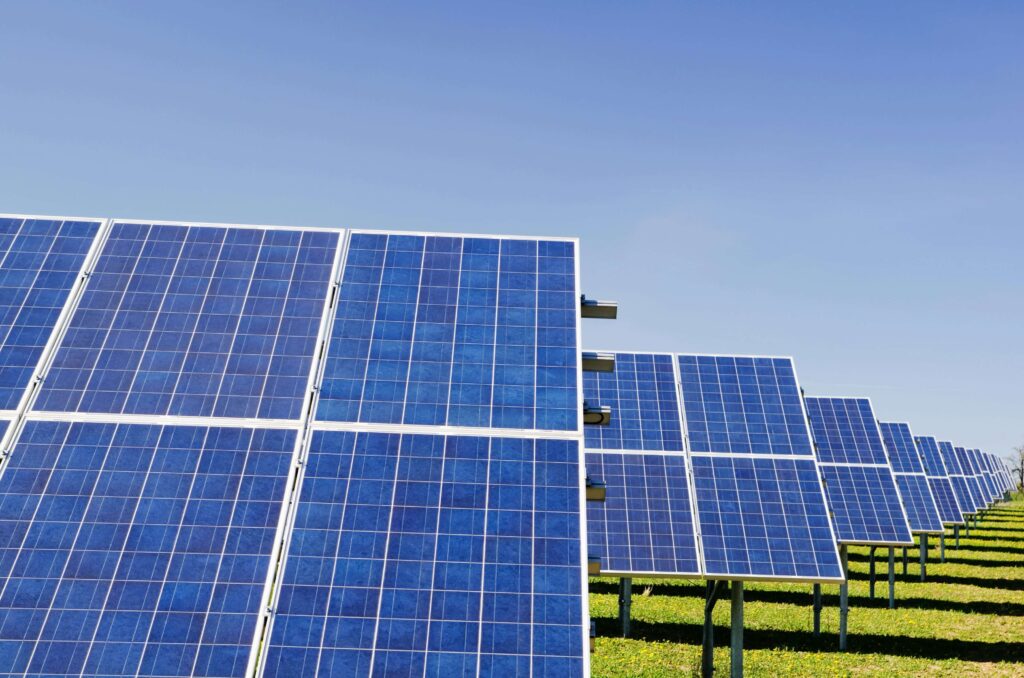Posts Tagged ‘Climate crisis’
Upcoming event: A perspective on New Zealand’s climate change policies
The policy problem of achieving net-zero carbon emissions by 2050 is not simple. For most people the official numbers are confusing and the policy architecture is obscure. Speaker Geoff Bertram will try to get both of those into perspective and to shine a spotlight on Aotearoa/New Zealand’s Nationally Determined Contribution under the Paris Agreement, focusing in particular on the accounting procedures that New Zealand has used to over-state its performance since 1990.
Read MoreSubmission in response to proposed changes to NZ Emissions Trading Regulations 2024
In this submission the primary points we cover are steps that can be taken to improve the way the ETS operates, so that it becomes a lot more effective and capable of meeting the
urgent need to reduce our emissions. The possibility of replacing the current ETS with a
simple carbon tax is also covered.
Two other key points we cover are first the need for greater clarity in our net emissions measurements, and second the strong case for introducing a citizen’s dividend, funded from the revenue the Government receives from carbon charges, to compensate people for the rising costs of goods and services that will result from carbon charge increases.
Recent event: Climate Change Modelling
VIDEO COMING SOON. ESR President Jeff Foley spoke at ESR’s June webinar. Jeff gave an update of his work on climate change modelling on Wednesday 26 June at 7.30 pm.
He developed his own global warming model in 2016, and presented it to ESR in 2017. In his spare time he has been updating and improving the work – splitting the model into three: Greenhouse Heating, Ocean Warming, and Polar Ice Melt. He intends to present the sound engineering principles behind the three models, along with Milankovitch Cycle cooling.
Read MoreSubmission on the Fast-track Approvals Bill 2024
The Government introduced its “Fast-Track Approvals Bill” to parliament earlier this year, with
purpose to provide a stream-lined decision-making process for infrastructure and development
projects that are considered to have significant regional or national benefit. We acknowledge that
the current process for obtaining consents is time consuming, and so we support the prospect of a
speedier consent process for urgent, beneficial projects (and especially for projects facilitating transition away from the production of plastics, greenhouse gases, and other pollutants) – but we maintain that this ought to be achieved through completing a robust assessment process at an accelerated pace, and not by abandoning well established and due process. We see that this fast-track Bill fails to deliver to any reasonable requirement and so we do not support but strongly oppose
the Bill.
April 2024
This newsletter starts with something different, namely translation of an
interview with Jens Beckert, Director at the Max Planck Institute for the Study
of Societies and Professor of Sociology in Cologne.
On the brighter side, it also includes a number of items on positive actions that
are helping improve people’s lives, and on technologies that can, or have the potential to contribute to reducing future emissions.
CONTENTS
– “How can we just go on living like this, even though we have known for three decades what is threatening us?”
– Ocean heating 2023
– Our reliance on fossil fuels
– “Plastics producers have deceived the public about recycling”
– How Burkina Faso builds schools that stay cool in 40C heat
– The African tree-planting project making a difference
– The ‘15-minute city’ has taken off in Paris
– UNSW team creates synthetic methane using only sunlight
– Printed solar cells
– Acqueous metal-ion batteries
– Energy storage using salt, air and bricks
Submission On The Government Policy Statement On Land Transport 2024
This submission provides feedback on the draft Government Policy Statement on land transport 2024 (GPS 2024). GPS 2024 outlines the government’s land transport investment strategy over the next 10 years, the funding available, and where funding should be directed to deliver on this strategy. Our submission provides feedback on the new strategic priorities, identifies inconsistencies which conflict with the stated intent, identifies items that are missing from the policy statement, and items that we support.
Read MoreNovember 2023
CONTENTS
– Some environmental statistics
– Global warming rate
– China and India struggle to curb fossil fuels
– Renewable hydrogen takes flight with octocopter
– Space-based solar power
– New Scottish blade a ‘step change’ for tidal energy
– Power grids investment needed
– World’s tallest wooden tower to be built in Australia
June 2023
CONTENTS
– The clean energy investment boom (pictured)
– Rock flour from Greenland can capture significant CO2, study shows
– The path to radically lower emissions
– Global Energy news
– L.A. and other cities are recovering, but not their downtowns. Why?
– Asia’s largest timber building
– A review of the book “What we owe the future”










